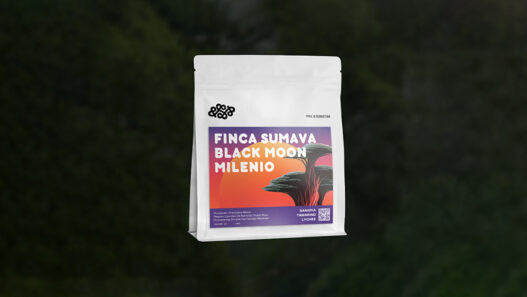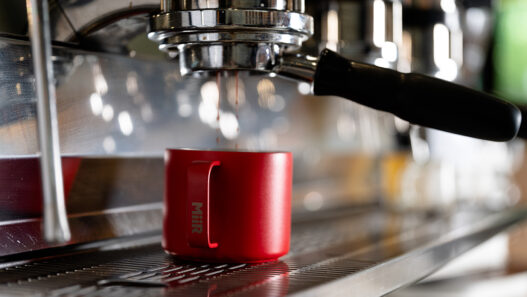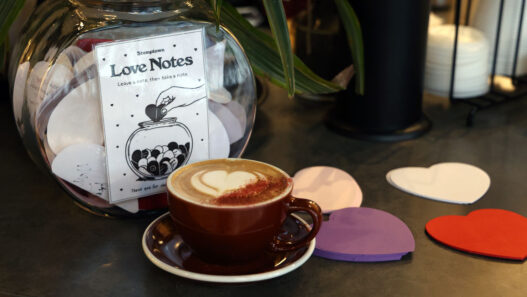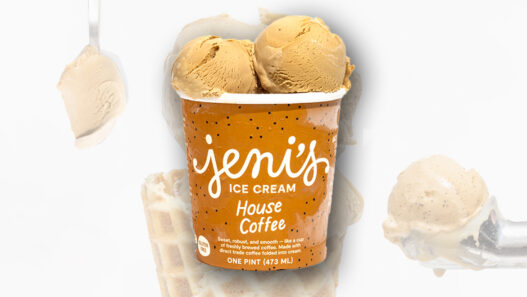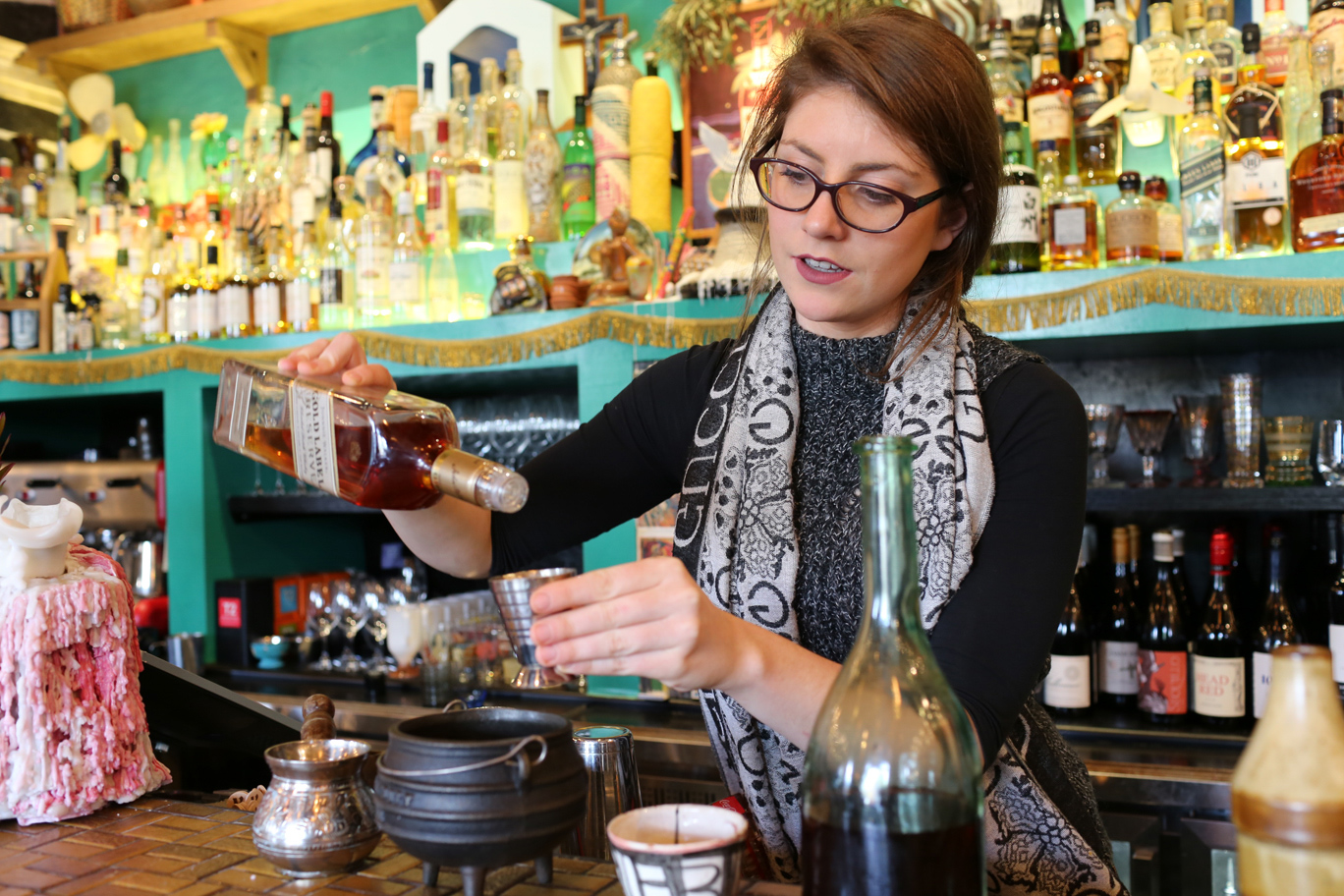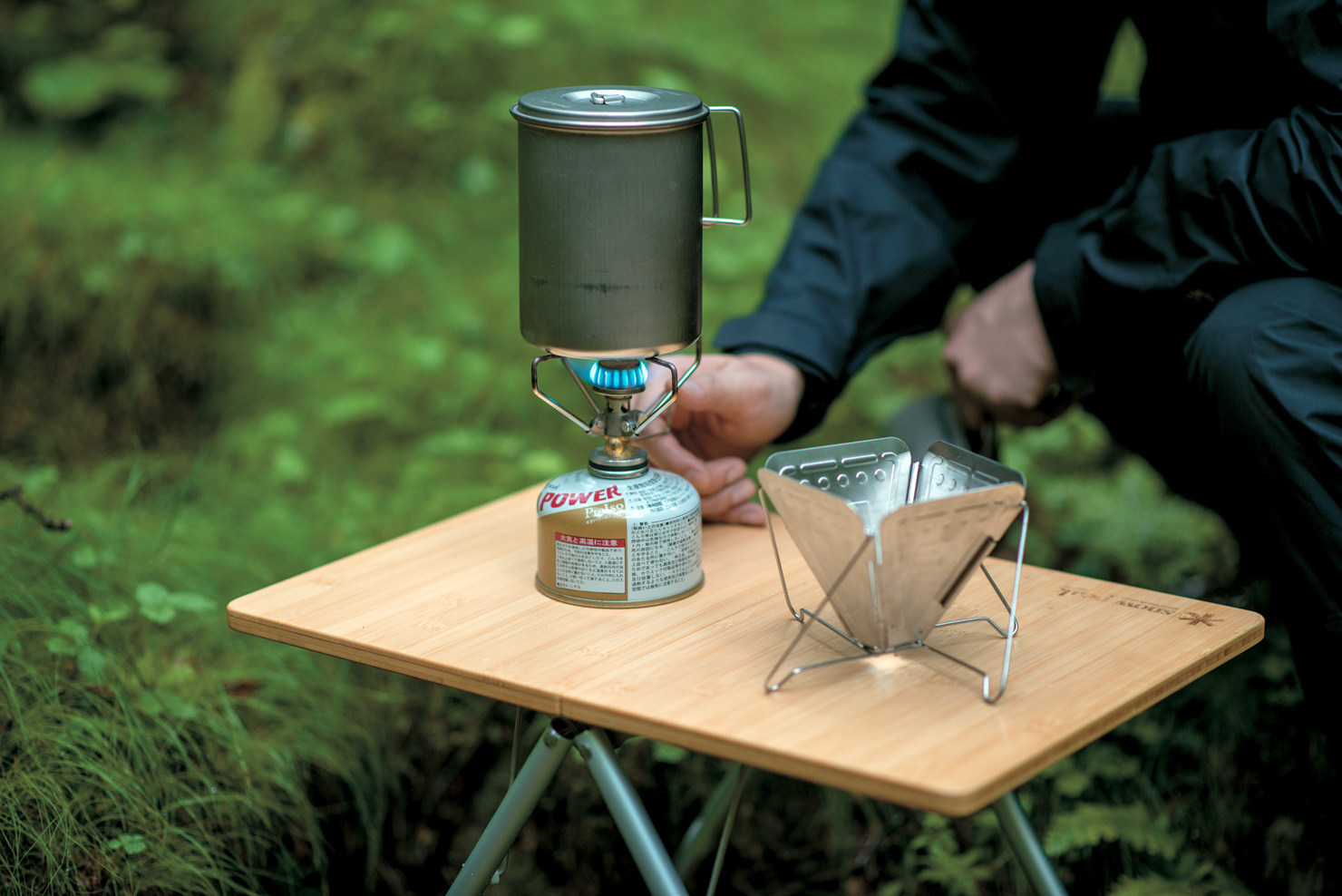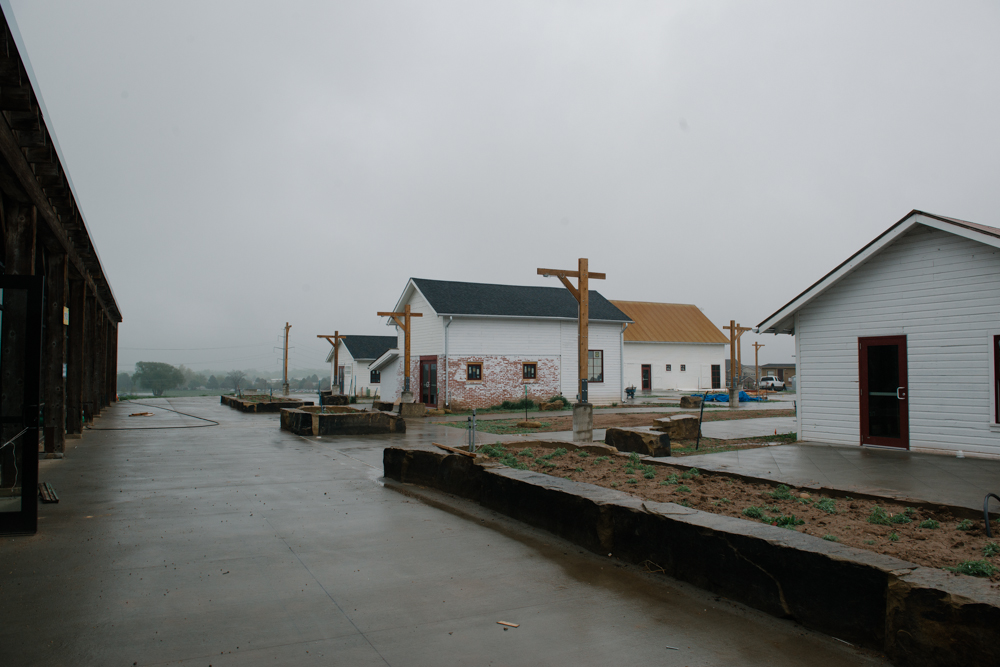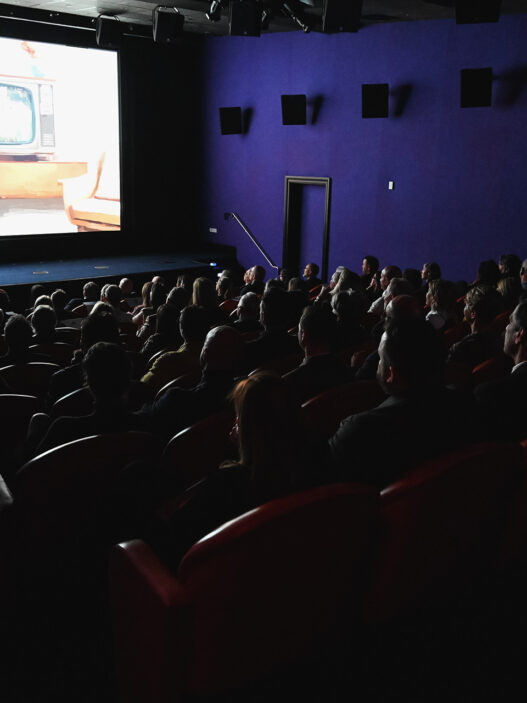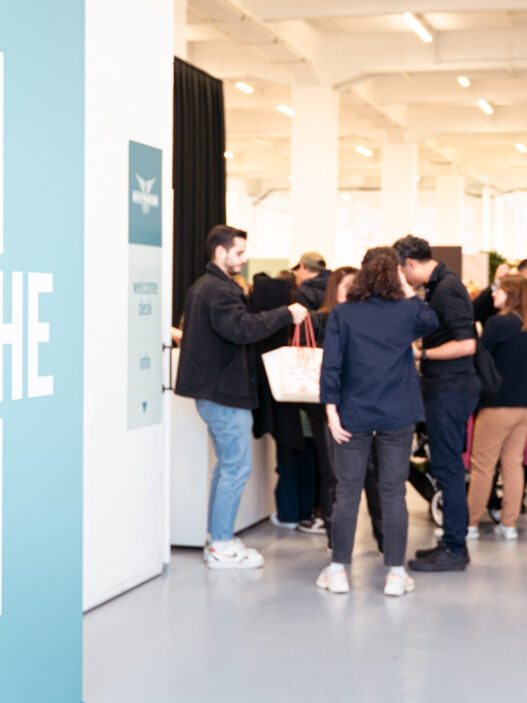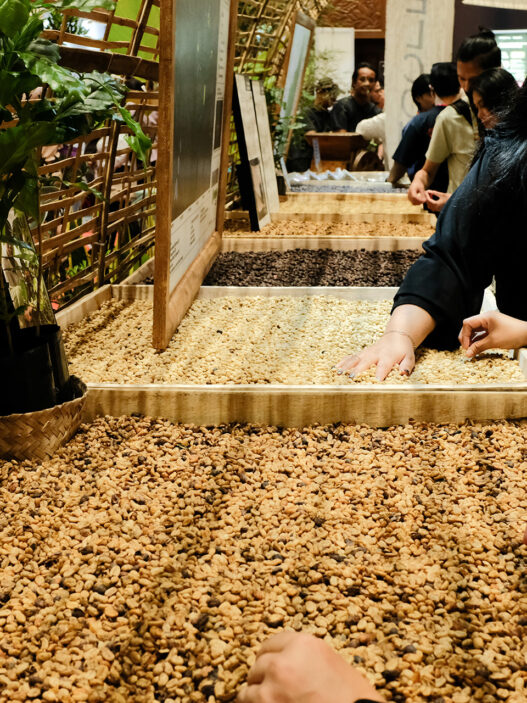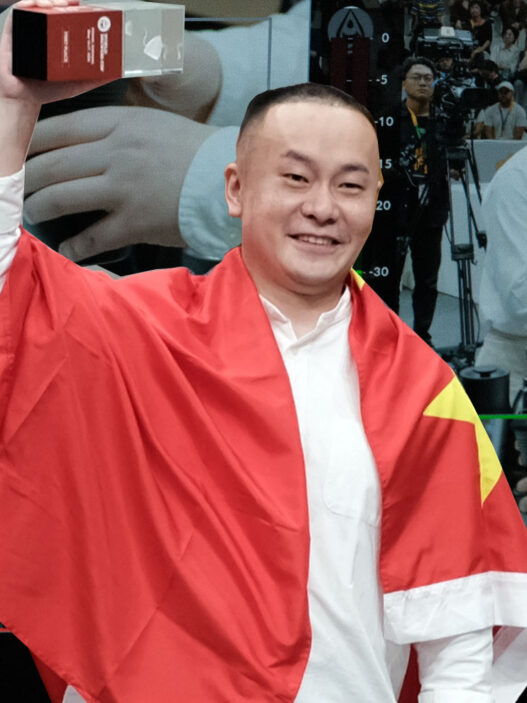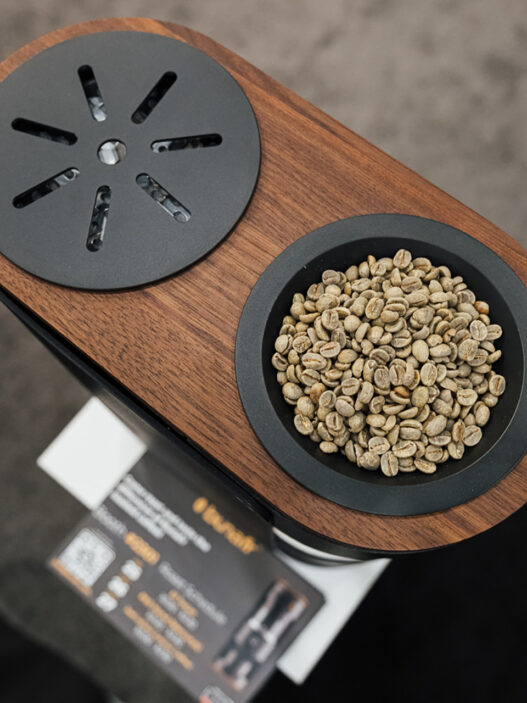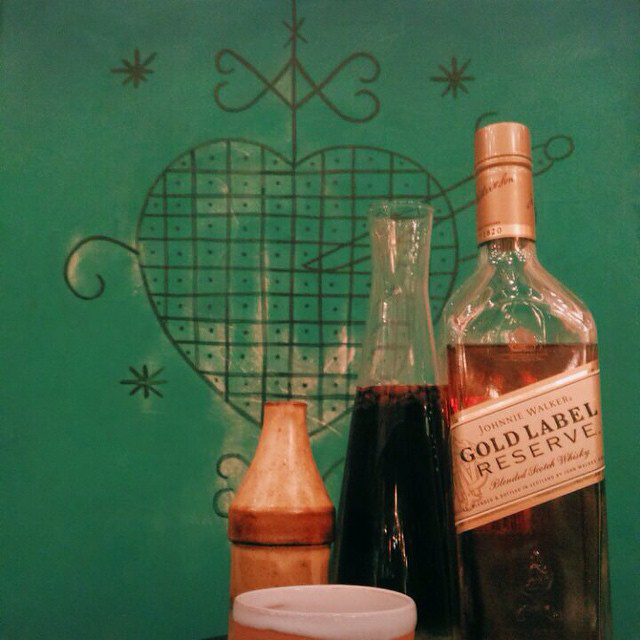
Coffee has a tendency towards intersecting with other hospitality arenas—there is, of course, the symbiotic relationship between a bartender needing coffee to perk up for a day, and a barista ordering a drink to wind down. What if I told you, however, that at least one hundred of the best cocktail makers around Australia each have in their possession, an AeroPress?
Yes, that humble brewing device which once set out to replicate espresso brewing and has since gone on to enliven filter coffee enthusiasts round the world (as well as inspire a cult competition called the World AeroPress Championship) has found its way into the hands of many Australian cocktail makers, thanks to the Diageo World Class competition.
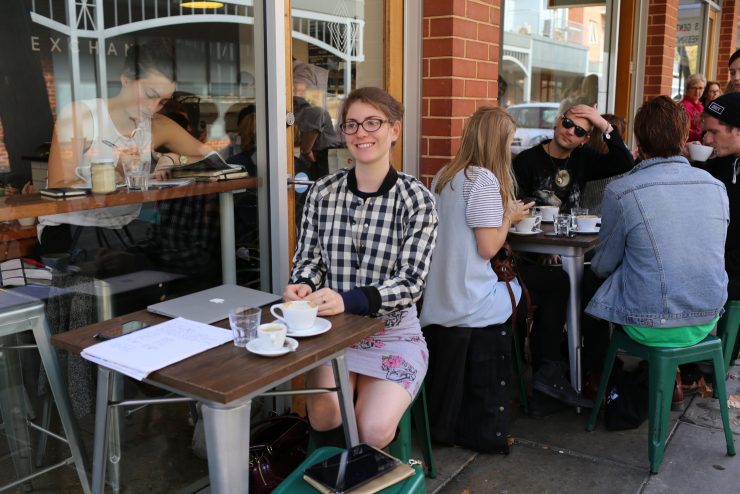
I had the chance to sit down with Katherine Whitcroft, a working bartender at Africola in Adelaide, who previously headed up the bar at Brisbane’s Strauss, and one of the hundred finalists who made it through to the second round of World Class. Over coffee, she talked me through the workings of the competition.
Created and run by Diageo, the biggest spirits producer and distributor in the world, Diageo World Class incorporates three stages at a national level: the first round (open to all working bartenders), the second round (top 100), and the third round (top 25), before a winner is announced to compete in the international finals. The prizes vary year to year—in a previous round of the contest, the grand prize winner was awarded $100,000 to set up a bar of his or her own.
The first round is an open call to any working bartender wanting to create and enter a cocktail that ties in to the prescribed theme (this year it was “time” or “place”). The second round is more complex than the first, with the top 100 competitors having to create a cocktail and story around the theme, not unlike a signature beverage in a barista competition. This year, with a theme of coffee and tea, competitors were sent an AeroPress. Selected industry professionals are then flown around the world to judge these cocktails in person, with marks also counting on the marketing, presentation, and even the social media presence of the cocktail itself.
In the third round, the top 25 competitors have to present a cocktail as well as go through what is essentially a bartending boot camp: this year they had to blend a whiskey to work perfectly with a particular cocktail, as well as tackling a table of fresh produce to create a drink that celebrates vegetables. Once through to the world finals, international competitors go up against one another until just one is declared the winner. That winner subsequently becomes a World Class Ambassador, and gets flown around the world to idyllic places to make and talk cocktails—it’s like the World Barista Championship, but marginally boozier and with much more time spent on yachts.
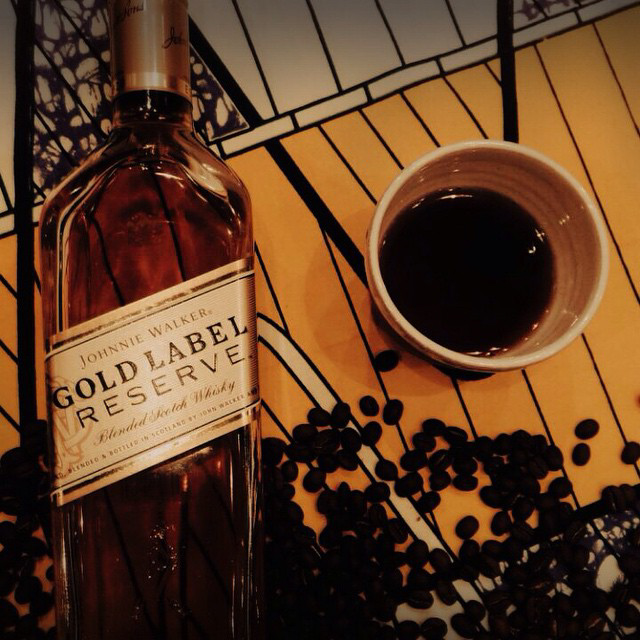
Now, where do coffee and the AeroPress come into all of this? Largely, they speak to the progress of coffee as an ingredient that increasingly demands respect outside of the specialty industry. Long gone are the days of an espresso martini made with old over-roasted coffee being the only coffee cocktail on the menu. Nowadays, it’s more likely you’ll see a coffee-bitters based old-fashioned, or a negroni incorporating cold-drip single-origin coffee. Or even something like Whitcroft’s competition spin on the classic Bobby Burns cocktail, using coffee-infused vermouth, a chai tea syrup, and Johnnie Walker whiskey.
Competitions like World Class also create a fascinating comparison to the coffee industry and its own competitions. What if coffee competitors were judged on their ability to act under pressure and implement coffee service behind a busy bar—or judged on how media-savvy they are in marketing their own creations? Also, what would a barista competition look like if the grand prize for winning were a hefty sum towards setting up a new business? It’s an interesting realm of competition that doesn’t exist in the coffee industry (yet)—but I for one would love to see how a coffee brewing competition would go down on a yacht.
Eileen P. Kenny (@eileenpk) is a Sprudge.com staff writer and the publisher of Birds of Unusual Vitality, the coffee interview magazine. Read more Eileen P. Kenny on Sprudge.




